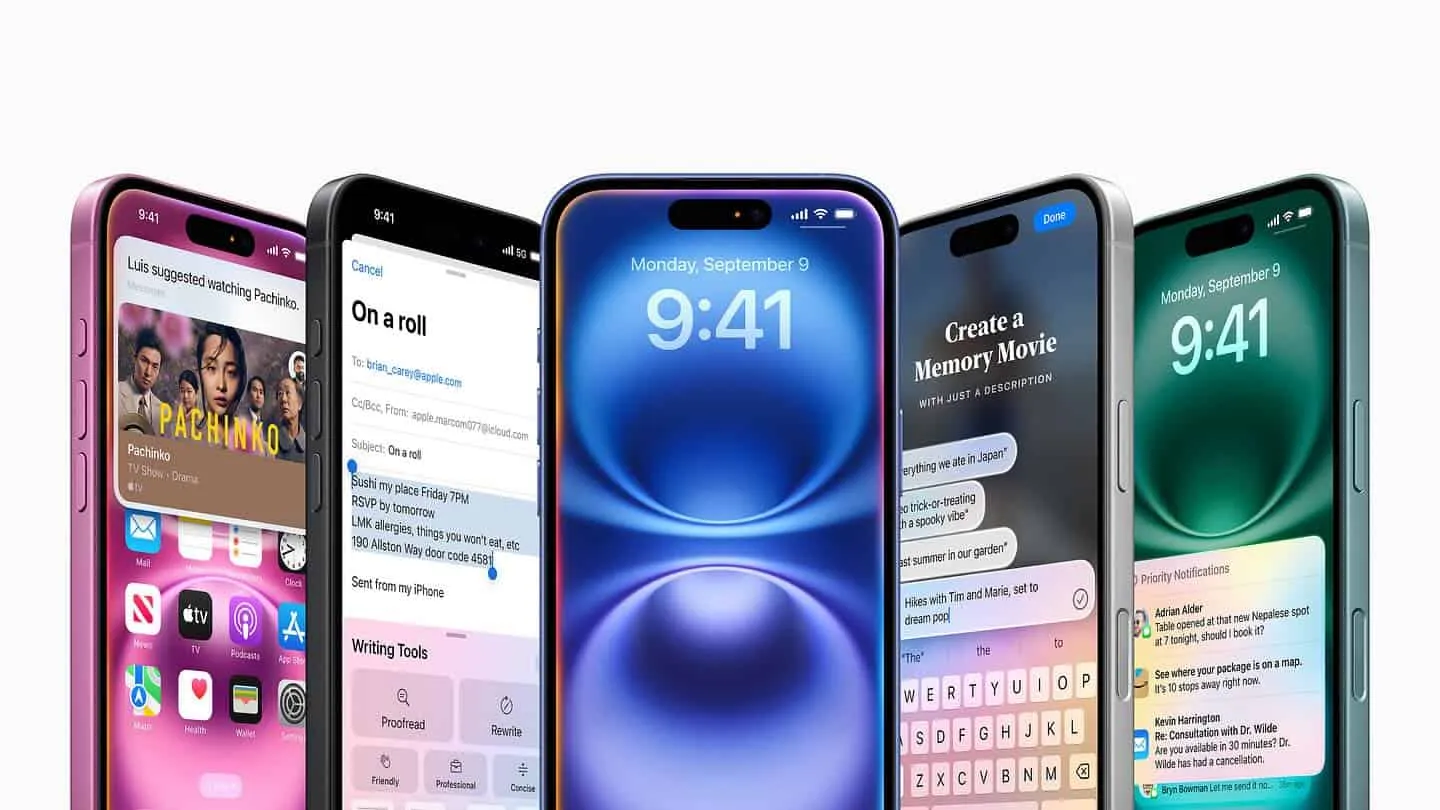
Apple’s latest software update, iOS 18, is here, and it has already created quite a buzz among iPhone users. With new features and improvements, many are eager to try it out. However, if you own an older iPhone model, you may be wondering: will this update slow down your phone? Let’s take a closer look at what iOS 18 offers and whether it’s the right move for your device.
iOS 18 Update: What It Means for Your iPhone – Should You Upgrade?
The Fear of Slowing Down Older iPhones
Every time Apple releases a new iOS update, a common worry pops up: will my iPhone become slower? This concern often leads to discussions about whether Apple intentionally slows down older phones to encourage users to buy the latest models. This idea has been debated for years, but is it true?
According to experts, it’s not that simple. It’s important to understand that newer software, like iOS 18, is designed to work best with the latest iPhone hardware. While Apple makes sure the update is compatible with older models, these older devices naturally struggle to keep up with the demands of newer software.
Imagine trying to run modern, graphics-heavy video games on a 5-year-old computer. It’s not that the company is sabotaging your device—it's simply that the technology has moved forward, and older devices can’t always handle the latest advancements.

Apple’s Dilemma: New Features vs. Old Devices
Apple faces a tough choice with every new iOS release. They could limit updates to only newer iPhones, but that would frustrate users who expect long-term support. Especially given the high cost of their devices. On the flip side, providing updates for older models, like iPhone 12 and earlier, may lead to performance issues because these devices weren’t built for today’s powerful software features.
For example, iOS 18 brings enhancements like improved augmented reality (AR) capabilities, better AI integration, and smoother graphics. These are designed for the latest iPhones, such as the iPhone 16, which has hardware specifically optimized for these functions. An older iPhone may handle the update, but not as efficiently, which could result in slower performance or quicker battery drain.
Will iOS 18 Slow Down Your iPhone?
The short answer: it depends on your phone. If you have a newer iPhone—say, an iPhone 13 or 14—you probably won’t notice any slowdown. These models have the processing power needed to run iOS 18 smoothly. However, if you have an older model, particularly an iPhone 12 or earlier, you might see a small dip in performance.
It’s not that your phone will become unusable, but apps may open a little more slowly, and you might notice that your battery drains faster than before. This mainly happens because the latest software was not designed with your phone’s hardware in mind.
Should You Upgrade?
If you own an iPhone 12 or an even older model and don’t care much about the new features in iOS 18, sticking with iOS 17 might be your best option. Apple will continue providing security updates for iOS 17. So your phone will still be safe to use without the performance risks that come with a major software upgrade.
However, if you’re excited about the new features—like AR improvements or enhanced privacy settings—upgrading to iOS 18 is still a solid choice. Just keep in mind that if you have an older model, you might see some minor performance issues.
Apple has always been good about supporting older devices for years after their release. In fact, compared to many of its competitors, Apple does a better job of keeping older phones up-to-date with the latest software and security patches. So, even though iOS 18 might not run as smoothly on an iPhone 12 as it does on an iPhone 16, your phone will still be functional and secure.
What’s the Best Choice for You?
In the end, the decision to upgrade comes down to what you value most. If you love having the latest features and aren’t too worried about a potential slowdown, go ahead and update to iOS 18. If, on the other hand, you prefer keeping your phone running as smoothly as possible and don’t need the newest bells and whistles. Staying on iOS 17 is a perfectly fine option.
For those with newer iPhones, the update is an easy yes. For owners of older models, it’s a personal decision. Either way, Apple continues to support its devices well, so even if you skip this update, you won’t fall behind.
Final Thoughts
The iOS 18 update brings exciting new features, but it also raises concerns for users with older iPhones. While it’s not likely that Apple is deliberately slowing down your device, it’s important to remember that newer software is designed with newer hardware in mind. If you have an older iPhone, you may see a slight drop in performance. But it’s not necessarily a reason to avoid the update altogether.
The choice is yours—stay on iOS 17 for stability, or jump to iOS 18 for the latest features. Either way, Apple’s continued support for its older devices means you’ll be in good hands no matter what you choose.
Popular News
Latest News
Loading
